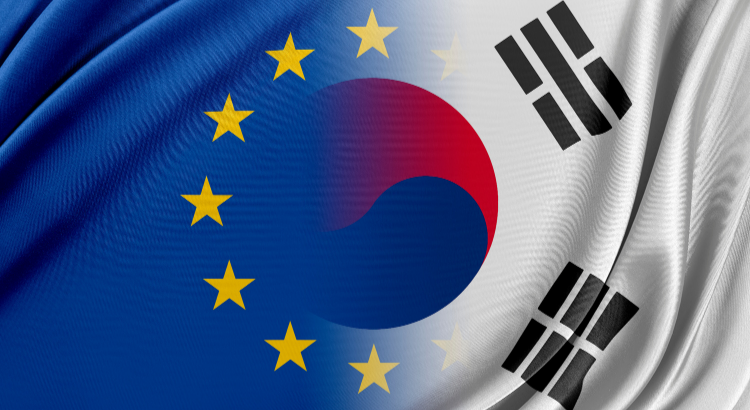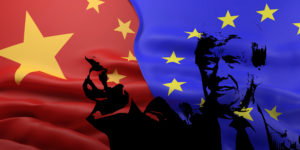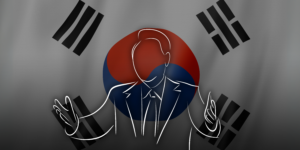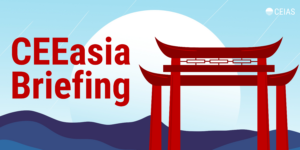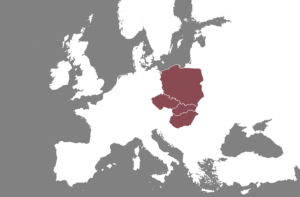The European Union (EU) and the Republic of Korea (ROK, also South Korea) are important strategic and economic partners, and they share similar values stemming from their liberal-democratic systems. As democracies, both sides must consider public opinion as the final arbiter of public policies – and for both of them, China has become a hot political topic due to its unprecedented rise, but also controversial foreign policy steps, growing authoritarianism at home, and generally turbulent relationship. At the same time, China is a crucial international partner not only in economic terms, such as trade or investment, but also in global issues, including pandemics, climate change, international security, and others. South Korea and the EU largely share an understanding of China’s necessary but challenging and sometimes troubling role in their foreign relations.
The EU-ROK relationship has developed immensely over the previous years – yet there is still a perception that it does not entirely reach its full potential. Currently, there are about 40 groups between the two sides where various aspects of mutual relations are discussed; however, putting the agreements into action seems to be still behind. Nevertheless, the EU-ROK partnership is evaluated positively by political elites representing both sides, as well as by experts and academics, even though they are also focusing on challenges and shortcomings.
As part of the yearlong project funded by the Korea Foundation, we have focused on two particular issues which could help move the EU-ROK relations further. First, China is one of the biggest challenges both sides have to deal with. Second, public attitudes create the context that both EU and ROK policymakers have to consider when conducting foreign policy – and specifically with China.
We started by studying domestic settings and public attitudes in South Korea and the EU and then analyzed their implications for effective foreign policies towards China. For public attitudes, we have relied chiefly on our unique survey data from South Korea and various EU countries, which we produced in collaboration with the Sinophone Borderlands project of Palacky University Olomouc. The results of the public opinion surveys were juxtaposed with the elite views, which we studied through interviews with relevant experts and analysts, policymakers, and policy advocates from South Korea and the EU.
Building upon the primary data gathered via public opinion surveys and interviews, the project has aimed to explore opportunities for policy collaboration between South Korea and the EU when facing the challenges China presents. The project’s ultimate goal has been to offer policy recommendations to both South Korean and EU policymakers and stakeholders on how to collaborate and handle the relationship with China in a way that would be effective in achieving results and having the support of the domestic public.
The paper will proceed as follows. First, we will sum up the development of EU-ROK relations up to the present day. Second, we look into the results of our polls informing us about the public attitudes in South Korea and the EU about international affairs, China, and each other. Third, we summarise findings from the interviews with experts and policymakers on China and mutual relations and the relevance of public opinion for foreign policy in the EU and ROK. We sum up the policy recommendations below as the conclusion.

